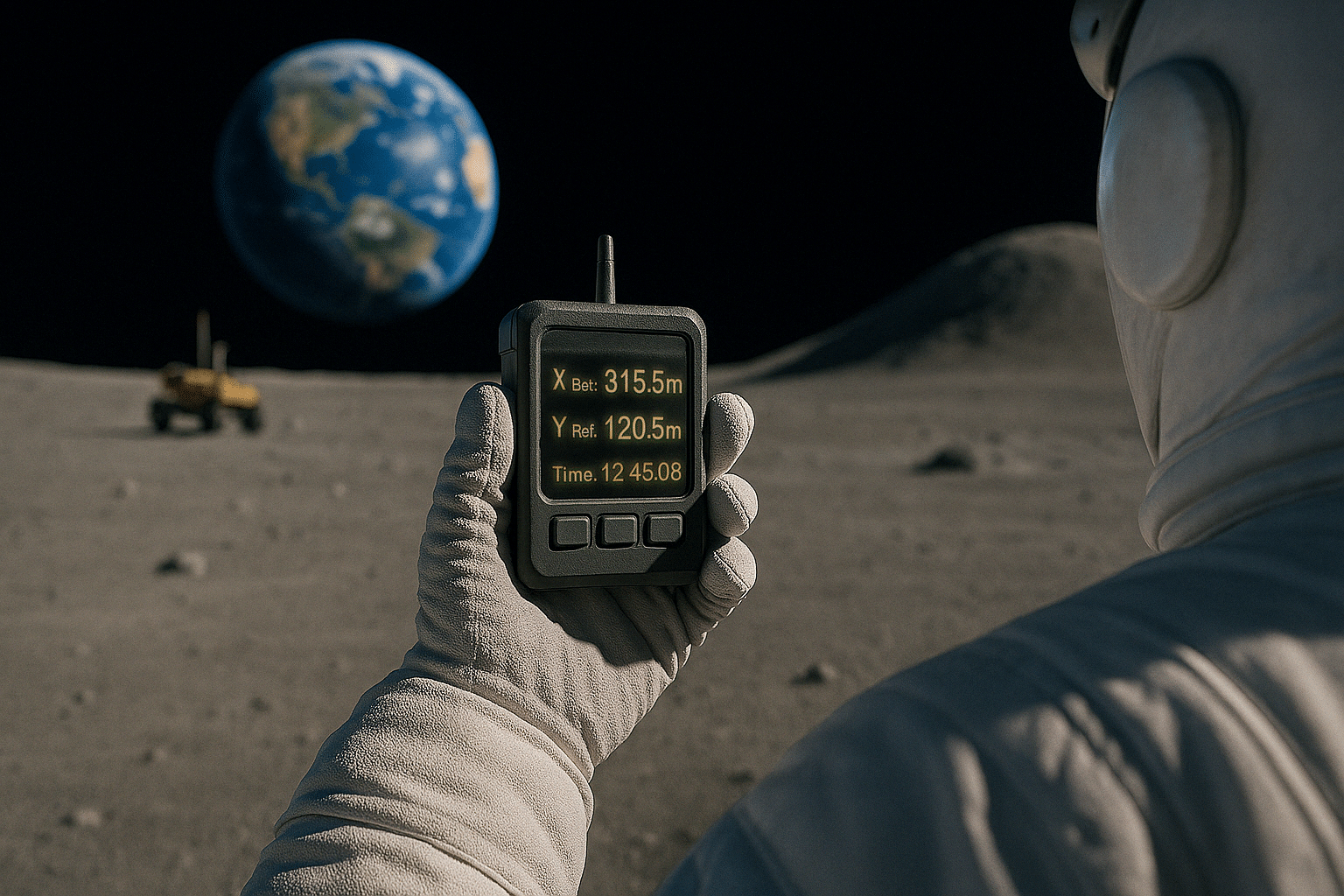Singapore, December 20, 2023 – Framatome and Qosmosys announced the signing of a memorandum of understanding (MOU). This MOU is to explore the integration of RHUs and RTGs as innovative energy sources that could enhance the performance of Zeus X, Qosmosys’s spacecraft designed for payload transportation to the Moon and beyond. Additionally, this collaboration opens new horizons for services on the lunar surface.
As humanity gears up for extended missions on the Moon, securing reliable energy sources becomes crucial to support the functionality of spacecraft, as well as automated and robotic systems operating on the lunar surface. Specifically, to maintain thermal stability during the lengthy lunar nights, which last approximately 14 Earth days and see temperatures drop to as low as -130°C, Radioisotope Heater Units (RHUs) present a safe, robust, and enduring alternative to current solutions. Furthermore, Radioisotope Thermoelectric Generators (RTGs) stand out as ideal for developing safe and durable power sources for lunar endeavors. Their use could significantly contribute to the advancement of the lunar economy by enabling more extensive and sustainable lunar activities.
« At Framatome, we are fully convinced that nuclear power can enable or enhance future space exploration,” said Grégoire Lambert, VP of Framatome Space. “We are proud to partner with Qosmosys, a company at the forefront of pioneering solutions for the Moon economy. I am confident that together, we will enhance the development of new services to support lunar exploration, aligning with the goals of the Artemis program. »
Radioisotope Heater Units (RHUs) utilize the decay of radioisotopes to generate heat. Similarly, Radioisotope Thermoelectric Generators (RTGs), often referred to as ‘nuclear batteries’ convert the heat produced by the decay of radioisotopes into electricity. These technologies have been employed flawlessly in space vehicles for decades. However, increasing demands in performance and safety are opening new and stimulating research horizons. The high level of research expertise at Framatome in France has the potential to significantly contribute to these developments.
“Qosmosys firmly believes that Framatome stands at the forefront of innovation in radioisotope solutions. Their venture into extending this expertise to the space industry represents a commendable and forward-thinking approach. Our collaboration with Framatome paves the way for Qosmosys to achieve significant advancements in the performance of our lunar systems, while steadfastly maintaining our commitment to safety and environmental protection.” says Francois Dubrulle, CEO of Qosmosys. “In adopting progressively Framatome solutions in our design, we anticipate a significant leap in our long-term capabilities, positioning us as a leading pioneer in the Moon economy.”
ABOUT FRAMATOME
Framatome recently created Framatome Space, putting its 65 years of nuclear and industrial expertise at the service of the space industry. For 65 years, Framatome teams have designed, built, and serviced the nuclear steam supply system of nuclear plants across the globe. Framatome has been present at every stage of the process on all types of reactor technologies. Framatome is also involved in the future of nuclear power generation from third generation reactors to advanced reactors and Small Modular Reactors (SMRs). Its Isogen joint-venture specializes in producing radioisotopes in commercial CANDU power reactors.
ABOUT QOSMOSYS
Qosmosys is a Singapore-based company with branches in France and the United States. The company is currently developing its flagship spacecraft, ZeusX. Established as an international private entity, Qosmosys aims to provide on-demand services to public or private organizations looking to operate on the Moon and beyond. Qosmosys services span three sectors: transportation, robotics & resources and science & tech. The company aims to make lunar access more accessible, providing both public and private sectors with a dependable and flexible approach to foster a moon-based economy.





